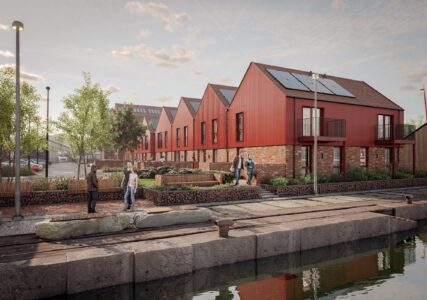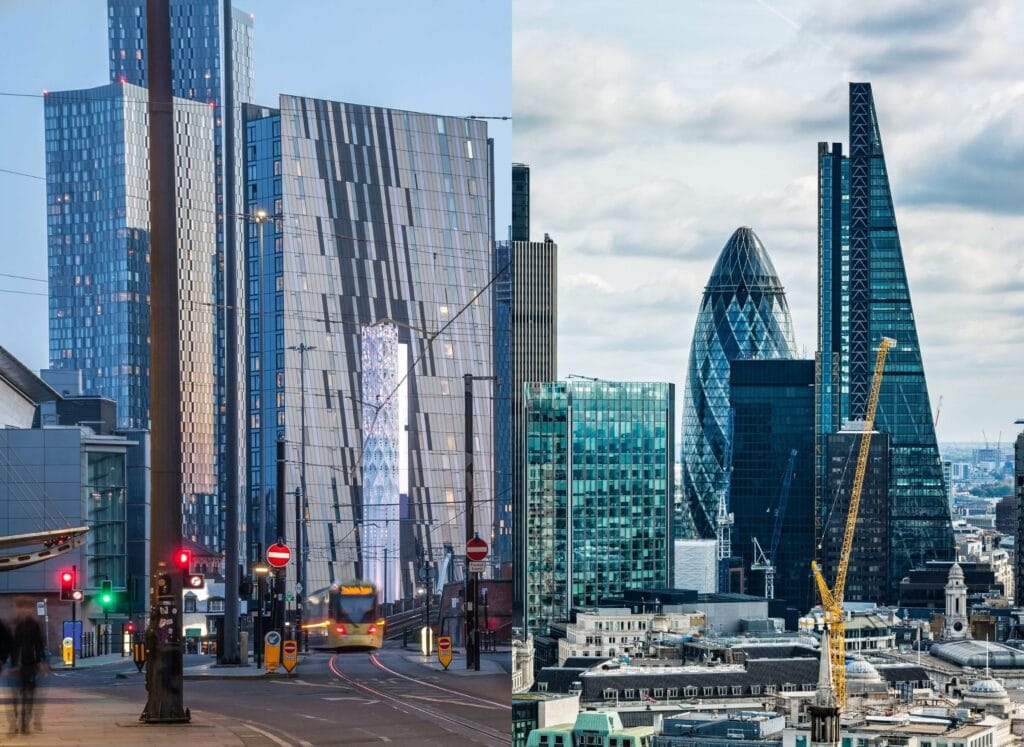Investing in off-plan buy-to-let city centre apartments has become an increasingly popular strategy among property investors in the UK. With the potential for capital appreciation, developer incentives, and strong rental yields, purchasing off-plan can offer significant financial advantages. However, investors must conduct thorough due diligence to maximise returns and mitigate risks.
This blog explores the benefits of buying off-plan city centre apartments, the financial gains investors can expect, and key considerations before making an investment.
Understanding Off-Plan Property Investment
What Is Off-Plan Property?
Off-plan property refers to buying a property before it is built, often at a discounted price compared to completed units. Investors purchase based on architectural plans, developer specifications, and projected market trends.
Why City Centre Apartments?
City centre locations offer high rental demand, strong capital growth, and excellent transport links, making them ideal for buy-to-let investments. With urban populations increasing, city centre apartments remain a lucrative asset class.
Financial Benefits of Buying Off-Plan
1. Capital Appreciation Before Completion
One of the biggest advantages of buying off-plan is the potential for capital appreciation. Investors secure properties at today’s prices, benefiting from market growth during the construction period.
For example:
- UK house prices are expected to rise by 2.5% in 2025, with northern cities outperforming the national average.
- Manchester and Birmingham have seen 6-7% annual price growth, making them prime locations for off-plan investments.
2. Developer Incentives and Discounts
Developers often offer early-bird discounts, furniture packages, and stamp duty incentives to attract off-plan buyers. These incentives can significantly reduce upfront costs and improve investment returns.
3. Higher Rental Yields
City centre apartments command premium rental prices, particularly in areas undergoing regeneration. Off-plan properties often feature modern amenities and energy-efficient designs, making them more attractive to tenants.
Projected rental yields:
- Manchester city centre: 6-7%
- Birmingham city centre: 5-6%
- London zones 2-4: 4-5%
4. Lower Initial Investment
Off-plan purchases typically require smaller deposits, with staged payments throughout construction. This allows investors to enter the market with lower capital requirements.
Key Considerations Before Buying Off-Plan
1. Location and Market Trends
Investors should focus on high-growth areas with strong rental demand. Cities undergoing regeneration, such as Manchester, Birmingham, and Leeds, offer excellent investment potential.
2. Developer Reputation
Choosing a reputable developer is crucial. Investors should review past projects, construction timelines, and financial stability before committing.
3. Exit Strategy: Sell or Rent?
Upon completion, investors must decide whether to sell for capital gains or rent for long-term income. Factors influencing this decision include:
- Market conditions at completion
- Rental demand and occupancy rates
- Tax implications (Capital Gains Tax vs. rental income taxation)
Future Trends in Off-Plan Buy-to-Let Investments
1. Sustainability and Energy Efficiency
New EPC regulations require landlords to improve energy efficiency, making sustainable properties more attractive to tenants.
2. AI and Smart Property Management
Automated rent collection and AI-driven tenant screening are becoming standard, improving efficiency and profitability.
3. Regional Investment Hotspots
Cities with strong rental demand and infrastructure growth will continue to offer the best buy-to-let opportunities.
Buying off-plan city centre apartments can lead to significant financial gains, including capital appreciation, developer incentives, and strong rental yields. However, investors must conduct thorough due diligence, focusing on location, developer reputation, and market trends to maximise returns.









